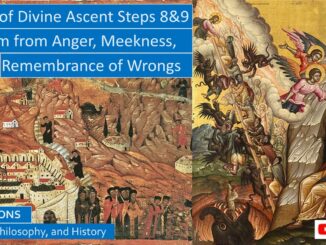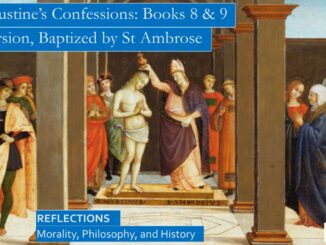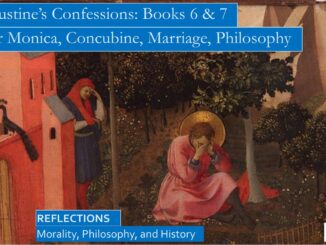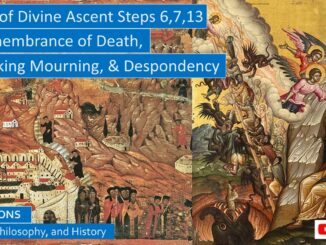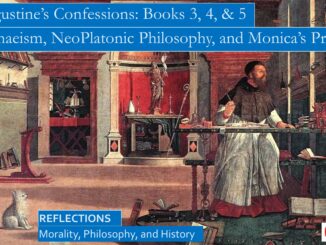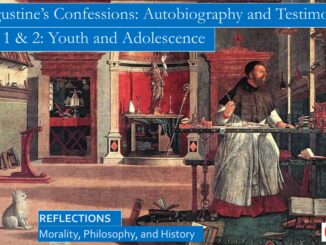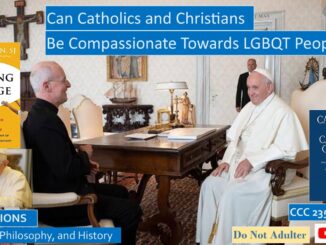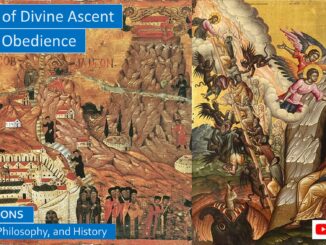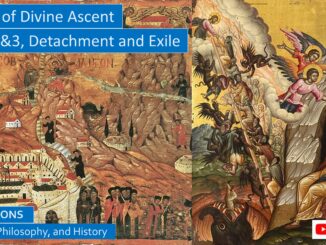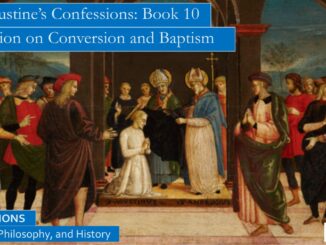
St Augustine’s Confessions: On Soul, Mind, Memory, Stoicism, Salvation, and True Happiness, Book 10
St Augustine is my favorite Catholic saint because in every major work he explicitly states that the foundation of the Christian faith is the two-fold Love of God, and love of neighbor, where we love our neighbors as ourselves. In Book 10 St Augustine prays to God that “you want us not only to Love you, but also to love our neighbor,” and he repeats this in other books of the Confessions. St Augustine prays to God: “Give me the grace to do as you command, and command me to do as you will!” […]

